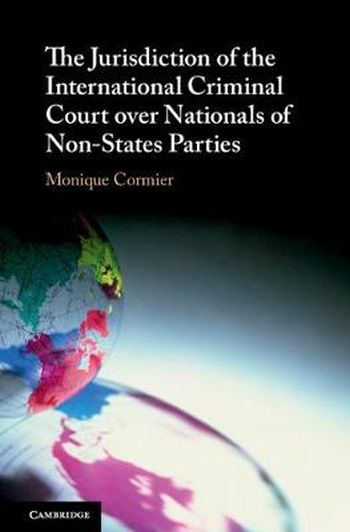
This book provides a systematic and comprehensive analysis of the ICC's jurisdiction over nationals of non-States Parties. It is within the context of developments at the Court in recent years that this work addresses the overarching question: On what legal basis is the ICC authorised to exercise jurisdiction over nationals of non-States Parties?
Engaging with ICC jurisprudence and building upon arguments developed in legal scholarship, this book explores the theory of delegated jurisdiction and critically examines the idea that the Court might alternatively be exercising jurisdiction inherent to the international community. It argues that delegation of territorial jurisdiction and implied consent by virtue of UN membership provide a legal basis to allow the ICC to exercise jurisdiction over nationals of non-States Parties in almost all situations envisaged by the Rome Statute.